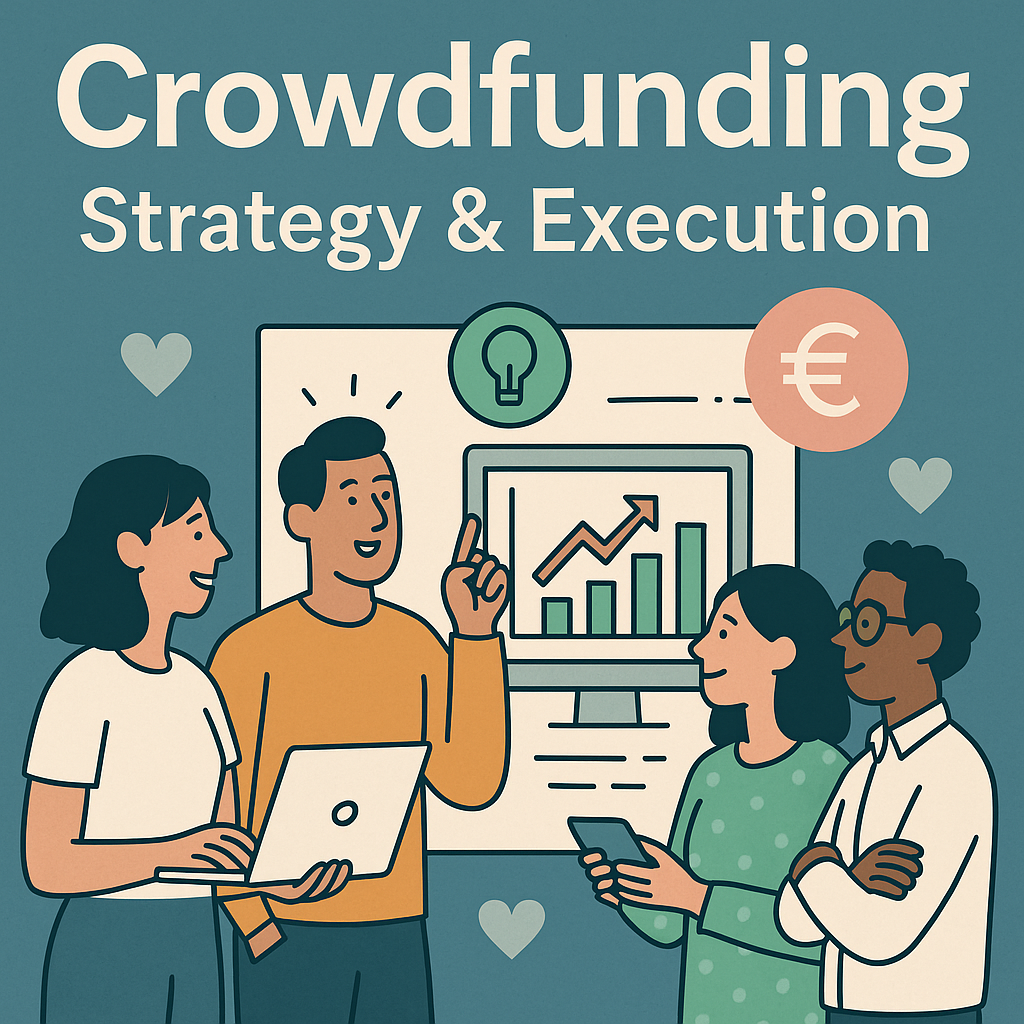

Crowdfunding
The amount of money raised through crowdfunding has exploded in the last five years, rapidly transforming most parts of the economy, from start-up investment to personal loans. The social good sector seems to be one of the few areas failing to make the most of this promising new form of finance with crowdfunding still making up less than 0.5% of giving in the UK.
In our new Nesta report, Crowdfunding Good Causes, we explore why this is, what the opportunities and challenges in crowdfunding for good causes are and how organisations can be better supported to use crowdfunding.
In 2015 alone, £3.2 billion of loans, investments and donations were made through crowdfunding platforms in the UK. However, the vast majority of this money funded loans to businesses and individuals or equity investment in start-ups with just $81 million going towards supporting good causes.
Despite this lack of uptake, previous research has shown that crowdfunding has a number of potential financial as well as non-financial benefits, including:

At a time when smaller organisations are increasingly squeezed by government cuts and other more intrusive forms of fundraising — such as face-to-face, mail or telephone — are criticised by politicians and the media, it is especially surprising that those fundraising for good causes have been slow to realise the advantages of crowdfunding.
Despite the clear opportunities for charities, community groups and social entrepreneurs using crowdfunding, previous research has identified several challenges that organisations should be aware of, these include:
We wanted to understand what is preventing organisations with a social purpose from harnessing the benefits of crowdfunding and identify what can be done to help support those that want to do so.
We surveyed over 450 charities, community groups and social entrepreneurs to try and understand their awareness, perceptions and usage of crowdfunding. We also interviewed eight of the leading UK crowdfunding platforms working in this sector and asked them how they worked with these organisations and what they saw as the key opportunities and challenges in doing so.
Nearly nine in ten of the organisations we surveyed had heard of crowdfunding, but only 15% had actually used it to raise funds. We wanted to understand what was preventing those who were standing around the pool from jumping in!
When asked why they were yet to use crowdfunding, more than 70% of organisations reported not knowing enough about the regulation of crowdfunding and how the different types of crowdfunding work and what they offer.
Two in three organisations reported not having the skills and capacity to set up and run a crowdfunding campaign within their organisation.
Community and voluntary sector organisations can begin building the knowledge and skills required to run a crowdfunding campaign using the free guides and support offered by most crowdfunding platforms on their website. Nesta has also developed free guides and toolkits such as 10½ tips to help you reach your crowdfunding goal and Working the Crowd for anyone considering setting up a crowdfunding campaign.
‘Nevertheless, more could be done to develop practice guides and toolkits tailored to charities, community groups and social enterprises and to make sure these organisations know that these guides and tools exist.
Just over half of the organisations we surveyed highlighted that they thought it would be too difficult to fundraise for core costs through crowdfunding as a reason why they were not using crowdfunding.
However, crowdfunding an organisation’s core costs is not impossible. One possible way of doing this would be to say on the campaign page that a certain percentage of the money raised would go towards paying the organisation’s overheads.
We wanted to understand the future potential use of crowdfunding by organisations with a social purpose, so we asked how suitable they thought crowdfunding was to their organisation’s needs and how likely they thought they were to use crowdfunding in the next 12 months.
The community and voluntary sector clearly recognise the potential of crowdfunding with 85% reporting that they thought at least one type of crowdfunding would be suitable for their organisation’s needs and 43% reporting that they were planning on using one form of crowdfunding in the next 12 months.
The clear appetite for crowdfunding suggests that overcoming the challenges we highlighted around knowledge, skills and capacity is likely to result in a substantial increase in the use of crowdfunding.

Based on the insights from our research we made three recommendations to charities, social enterprises and community groups:
You can read the full report here.

By clicking “Accept”, you agree to the storing of cookies on your device to enhance site navigation, analyze site usage, and assist in our marketing efforts. View our Privacy Policy for more information.


